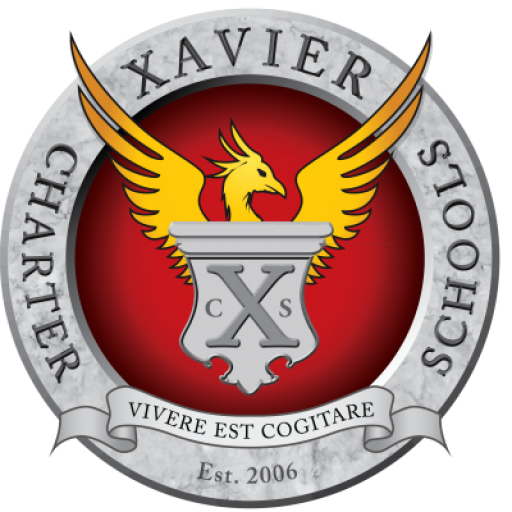No nobler training exists but that which cherishes the good, the beautiful, and the true, thus producing disciples of knowledge and lovers of wisdom.
What is a Charter School?
Charter schools are free (no tuition) public schools of choice funded by the state, but not supported by local tax revenues. They have a specific educational vision and emphasis not found in the other local public schools. Charter schools give families choice in education and encourage healthy competition. Because they are authorized by the state, charter schools are accountable to students, parents, and communities in the same ways as other public schools.
Classical Education
What is classical education? Its purpose is to train young people to think well and to aspire to live virtuous lives. Classical education began in Greece and was continued in Rome. It was refined during the Renaissance, and was alive and well when our Founding Fathers went to school. Classical education all but died out over the course of the twentieth century as progressive educators dumbed down curricula and replaced time-tested methods with fads such as “whole language” and “new math.” In the twenty-first century, classical education is making a huge comeback, as seen in the growth of Latin programs all around the country.
According to Dr. Terrance Moore, classical education:
- Values knowledge for its own sake.
- Upholds the standards of correctness, logic, beauty, and importance intrinsic to the liberal arts.
- Demands moral virtue of its adherents.
- Prepares human beings to assume their places as responsible citizens in the political order.
Please follow this link for more information about Classical Education:
Understanding Classical Education
Character Education
We practice virtuous living using the 9 Pillars of Character which include responsibility, respect, perseverance, integrity, honesty, courage, citizenship, cooperation, and excellence:
Responsibility
We accept obligations related to our own good and the good of others, and we act on those obligations in a manner suitable to their timely and satisfactory fulfillment. We are willingly accountable for what we do and say, and we seek to learn from our mistakes.
Respect
We regard others and ourselves as deserving of kind and just treatment. Our conduct is considerate and polite. We look for the good in others and demonstrate compassion. Our attitudes toward others and their property reflect the way we wish to be treated.
Perseverance
We spurn despair and strive to complete tasks to the best of our abilities, regardless of the difficulty. We respond creatively to overcome obstacles and ask for help when necessary.
Integrity
We are individuals of strong ethical values, who make consistently good choices in keeping with our knowledge of right and wrong. We seek the wisdom of others in cases of moral uncertainty.
Honesty
We never knowingly induce another to believe what is false. We are always truthful in what we say and do, regardless of the circumstances or consequences.
Courage
We always do what we know to be right despite fear, hardship, and opposition. We resist negative peer pressure, defend our rights and the rights of others, and encourage others to do the same.
Citizenship
We honor rules and laws and respond to authority in obedience. We give of our time and abilities to serve others. We uphold liberty and social equality through respect for individual differences and knowledge of our democratic system.
Cooperation
We work with others for the good of all involved with a positive attitude.
Excellence
We seek to raise the standard for ourselves to that which surpasses the ordinary. Because we understand that excellence is not an act but a habit, we strive to practice it consistently so that we might grow to be prosperous and fulfilled.
